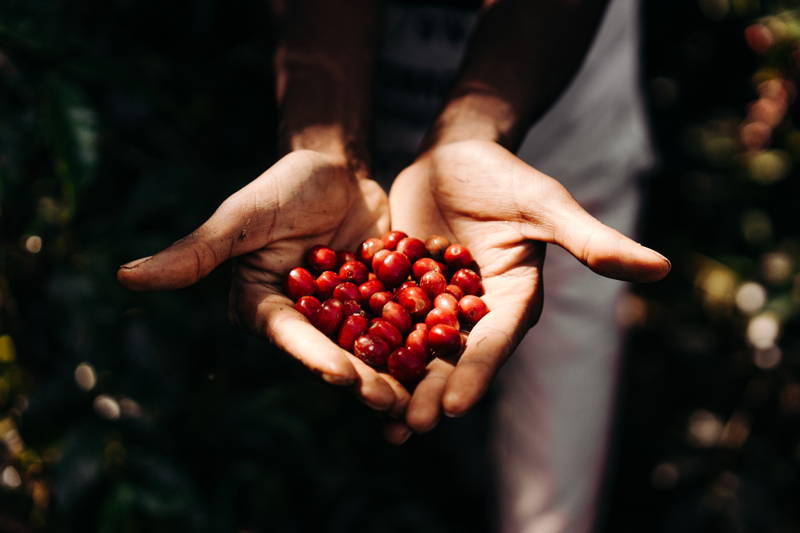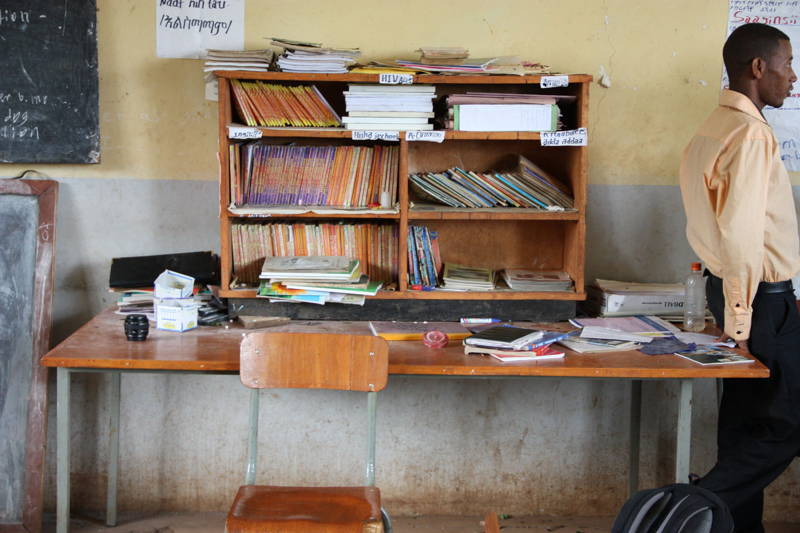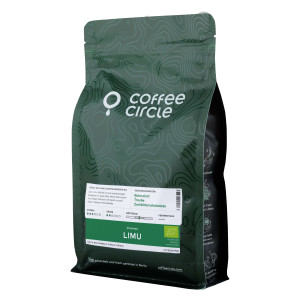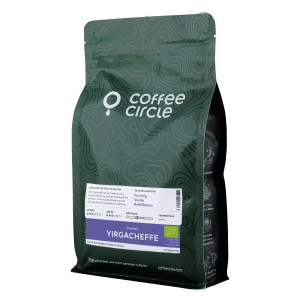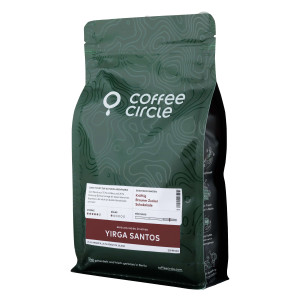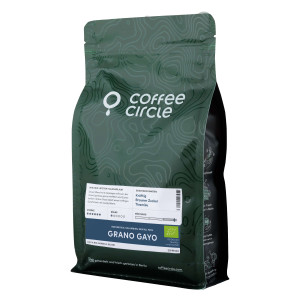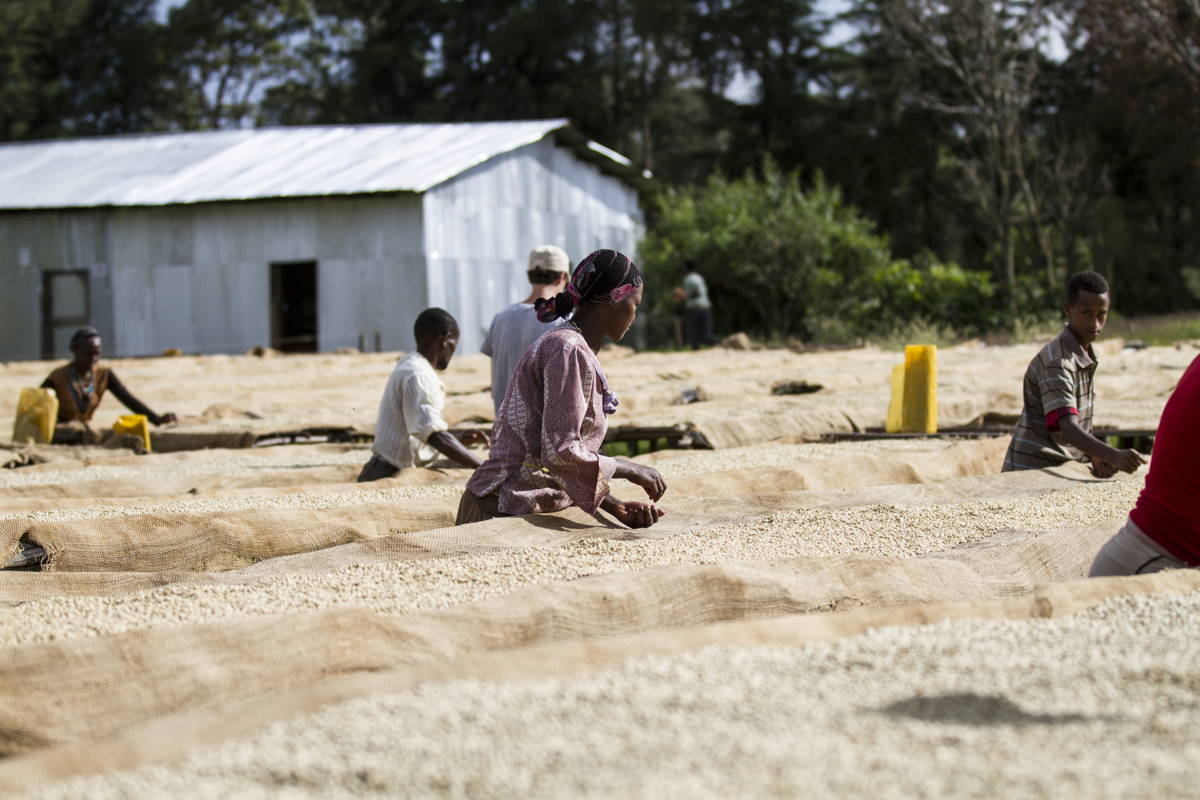
Fair trade certifications in comparison
Already during the founding of Coffee Circle, we have dealt intensively with the common certifications systems of fair trade, but ultimately decided against working with them. On this page we explain why and introduce you to three of the major seals of quality.
"Fair Trade" - What is it?
There are different definitions of „Fair Trade“. At the international level, the four largest international Fair Trade organizations (FLO, WFTO, NEWS, EFTA) have agreed on a commonly accepted definition:
„Fair Trade is a „trading partnership based on dialogue, transparency and respect that seeks greater equity in international trade. By improving trading conditions and securing social rights for disadvantaged producers and workers – especially in the countries of the South – Fair Trade makes its contribution to sustainable development. Fair Trade organizations are committed (along with consumers) to supporting producers, raising awareness, and campaigning to change the rules and practices of conventional world trade.“
Fair trade problem
There are no legal standards. Each organization describes and defines its standards itself. If you are not a member of the association, you do not have to adhere to their „Charter of Fair Trade Principles„. If one is a member, these guidelines can be implemented differently. This is already where the lines become blurred: Each organization takes a slightly different approach within the „fair trade“ model. Thus, „fair trade“ is primarily a matter of definition. The differences are in the details and are sometimes serious.
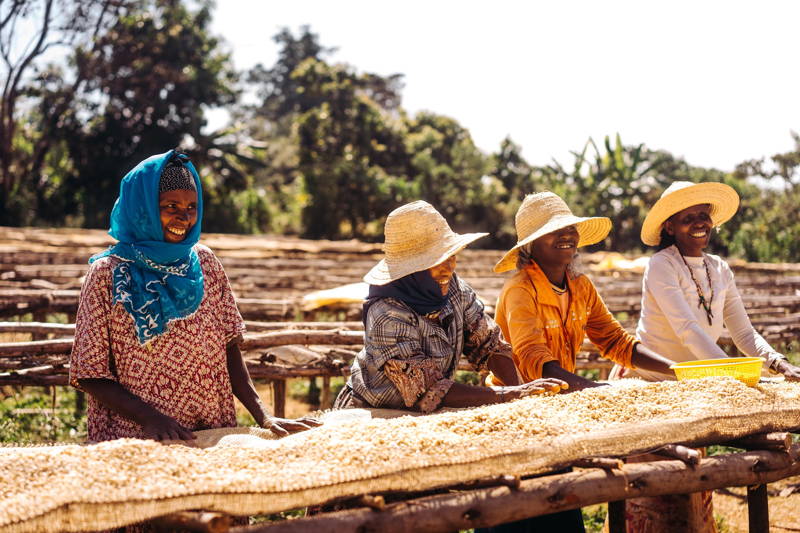
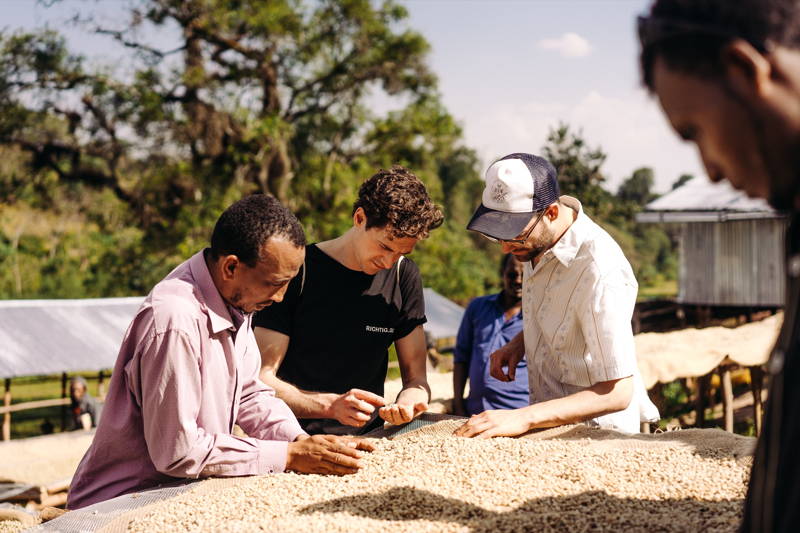
Fair Trade certification comparison
In a small overview table, we have compiled some criteria and compared the various seals. In addition, we have also included our direct trade approach in the comparison. If you would like to learn more about the seals, we recommend our seal profiles.
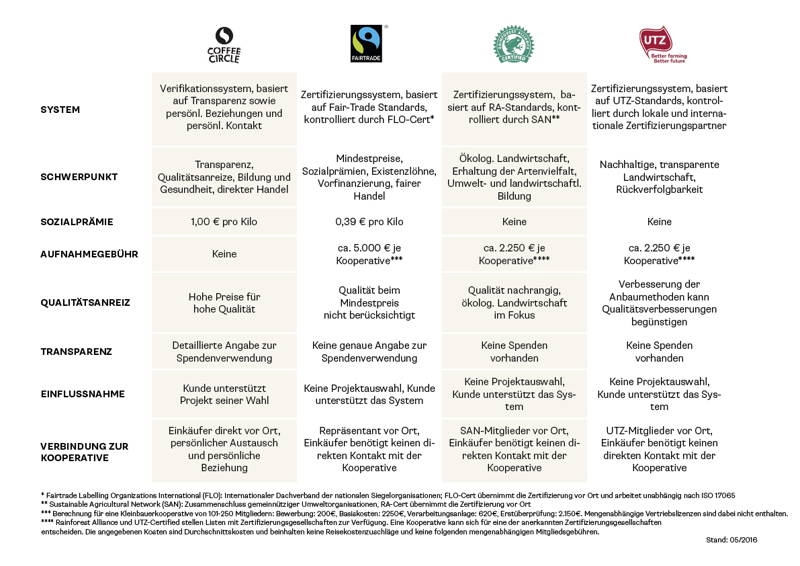
Fair trade systems viewed critically
Is any fair trade seal better than none at all? In its own presentation, every seal is particularly effective. Almost everyone involved benefits – farmers get more money, consumers can shop with a clear conscience. Really? We have compared!
The evaluation of a certification is decided by the perspective
Fairtrade is good, Rainforest Alliance is not as green as it seems, and UTZ is an industry-related greenwashing seal. It’s not that simple. The assessment changes depending on the perspective. While all seals pursue a common goal, they do so with individual emphases. In May 2016, Stiftung Warentest compared Fairtrade International, Rainforest Alliance and UTZ, as well as two other sustainability seals. Fairtrade was rated as „meaningfulness high“, whereas the other two seals were only rated as „meaningfulness medium“. The three criteria examined were the level of requirements, implementation in practice and management of the organization. A study financed by the Swiss State Secretariat for Economic Affairs (SECO) came to the following conclusions: All labels improve farmers‘ livelihoods. Based on about 5000 coffee and cocoa farms, the study examined yield increases and sales prices, among other things. The certified farms achieved yield increases of 13% (Fairtrade), 15% (Rainforest Alliance) and 32% (UTZ) compared to conventional farming. In contrast, the selling price to coffee farmers increased by only 9% (Fairtrade), 10% (Rainforest Alliance) and 4% for UTZ. With all published impact studies and evaluations, it is consequently worth taking a critical, scrutinizing look at the perspective of the evaluation.
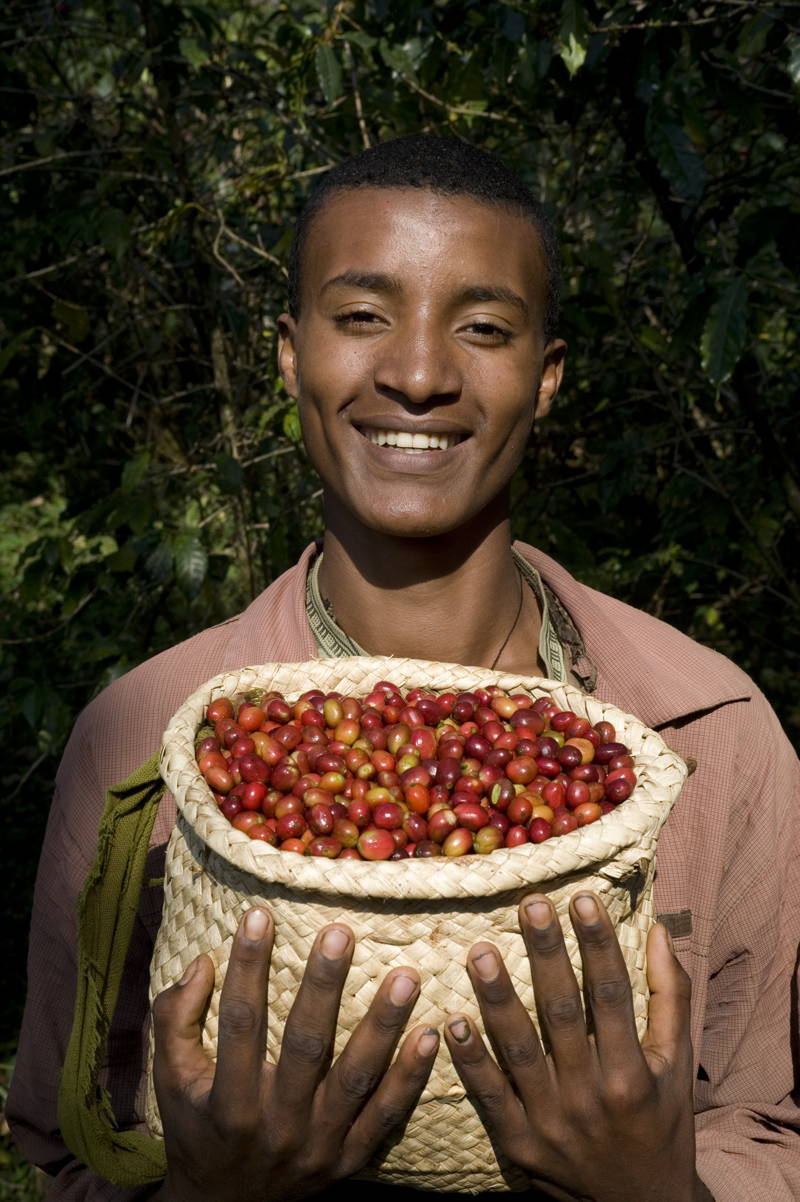
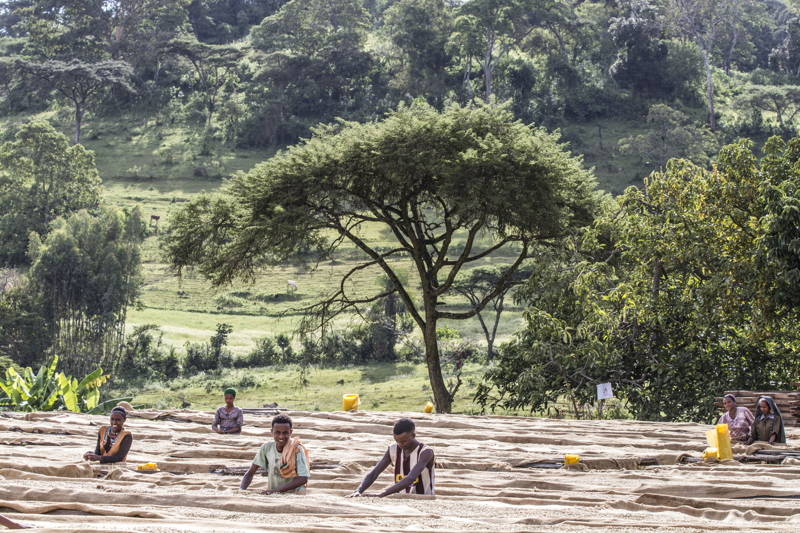
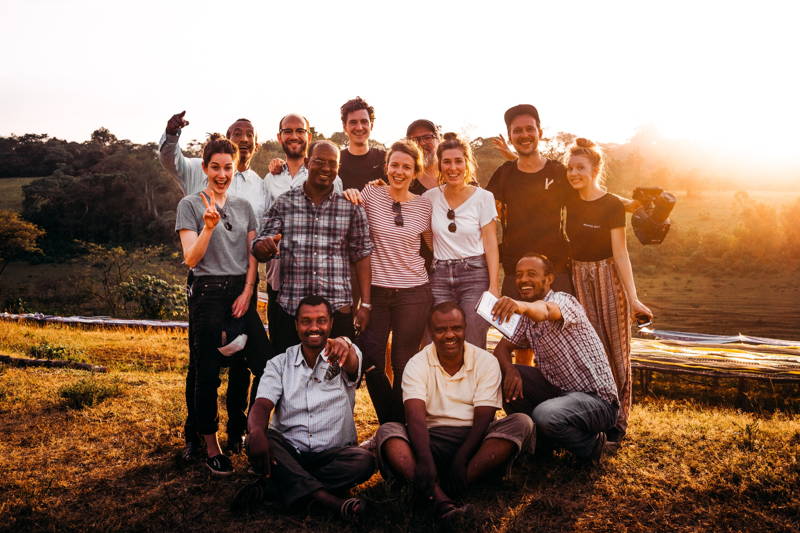
How do certification systems work?
All these also considered here (Fairtrade, Rainforest Alliance, UTZ) are based on the same principle: compliance with specially defined standards is verified by a certification procedure. The standards of the individual seals can be viewed online (Fairtrade, Rainforest Alliace, UTZ). Independent certification bodies are commissioned to verify the standards. For coffee cultivation, this means in simple terms: If a farm meets the standards of its own seal and successfully completes the initial inspection, this farm is then allowed to use the seal.The inspection cycle and criteria catalog again differ depending on the seal. It is often misunderstood that if a product bears one of the seals, this does not mean that it meets all the standards: All standards are met 100%. Rather, there are mandatory and optional criteria, some with a fulfillment deadline of 1-3 years. In addition, a labeled product does not mean that a company is fully committed to improving fair trade.
The company's own seal standards: All seals must be measured against these
In detail, there are differences in the seal standards. Depending on the philosophy pursued by the seals, criteria are formulated more strictly in some areas. Regardless of the external presentation of Fairtrade, Rainforest Alliance and UTZ can be compared here point by point transparently. We are currently working on this comparison. The current seal standards are available online for each seal.
Certification profiles in detail
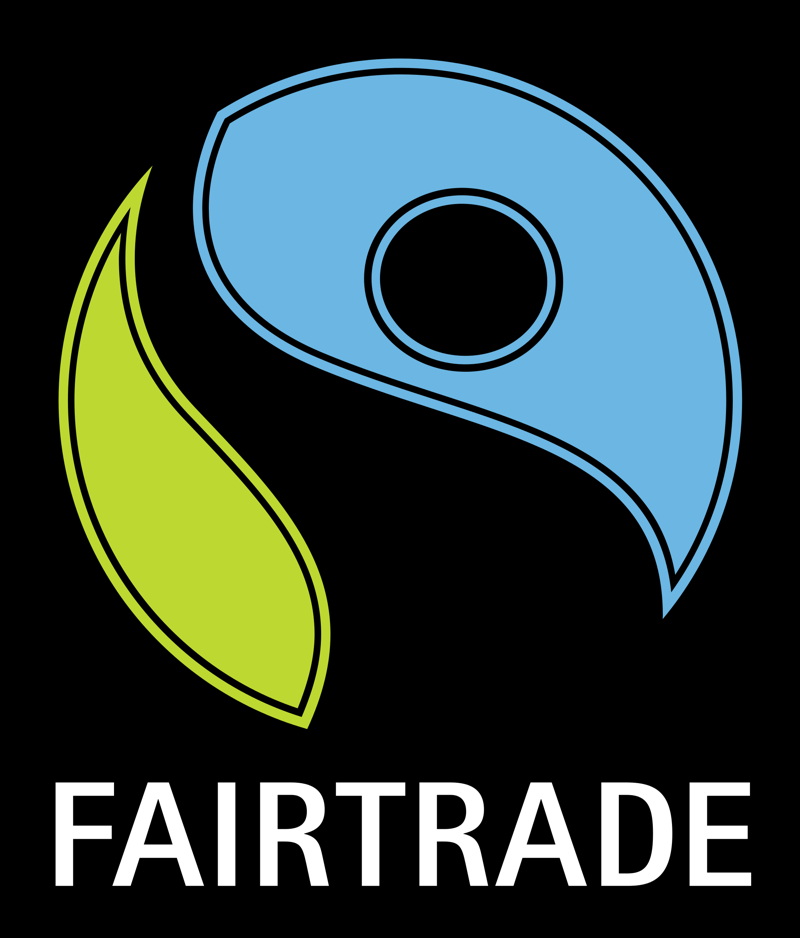
Fairtrade takes the producer perspective
Small farmers in particular are to be supported and strengthened in order to be able to shape their own future. The goals are independence and self-management of small farmers. Minimum prices and the possibility of pre-financing harvests are an integral part of the Fairtrade standards.
Furthermore, there is an additional social premium, which is linked to the sales volume of the farmers. This is used to finance social projects in the smallholders‘ environment. The social aspects, especially the fight against poverty, are weighted higher in Fairtrade than environmental issues.
Rainforest Alliance focuses on the relationship between producers and the environment
The protection of biodiversity and agricultural production in harmony with nature form the basis for a better future for farmers. To this end, agricultural knowledge and methods of sustainable management are to be passed on to farmers and developed with them. Minimum prices and social premiums do not exist in the Rainforest Alliance. Farmers are empowered to negotiate prices on their own.
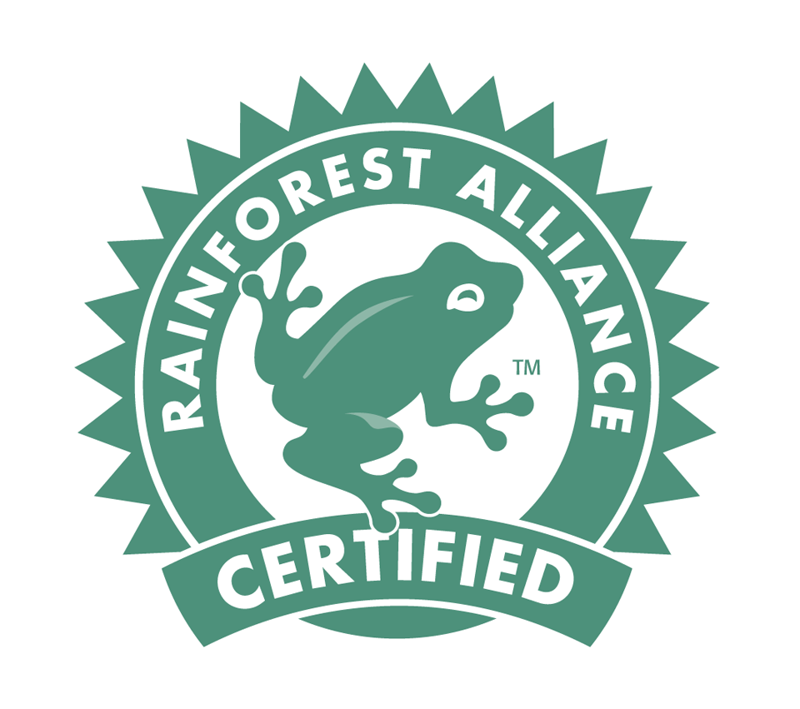
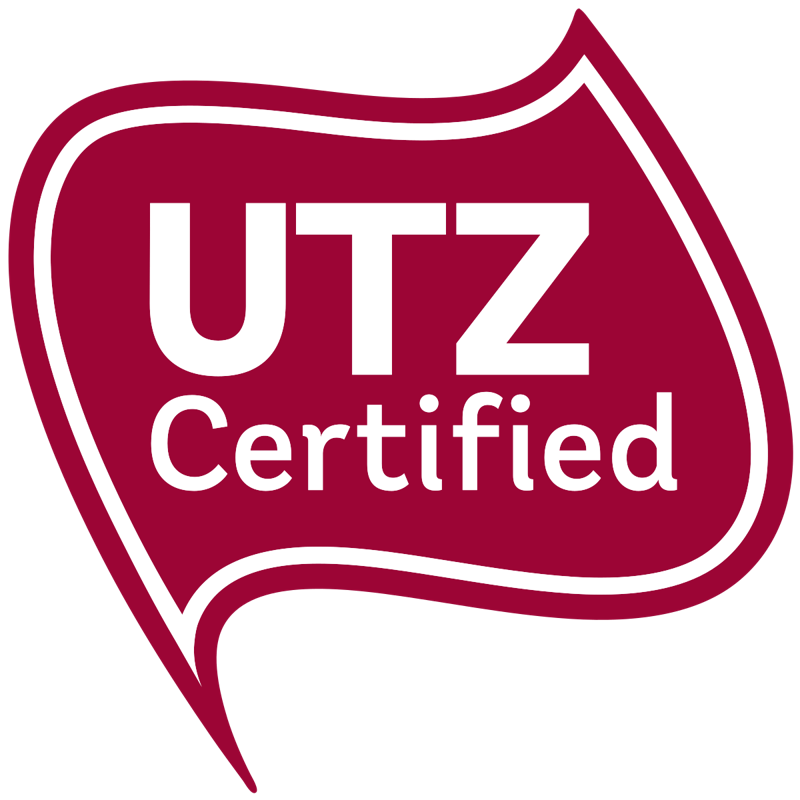
UTZ focuses on the end product and the various production steps.
Transparency along the entire supply chain and the creation of a market for responsibly produced products form the basis.
Professionalization of cultivation and farm management are core elements of UTZ Certified. Originally focused on larger farmer associations and plantations, UTZ also opened up to smaller farmer associations.

